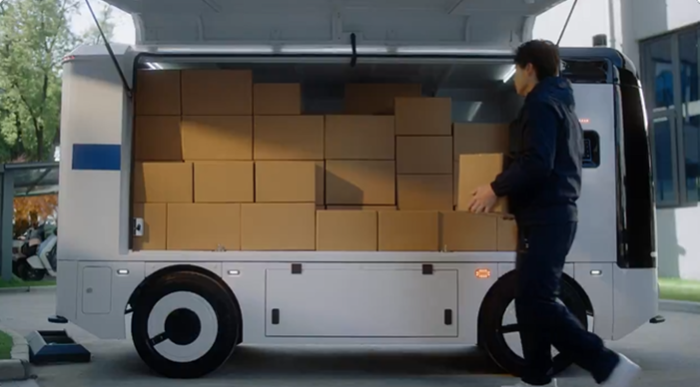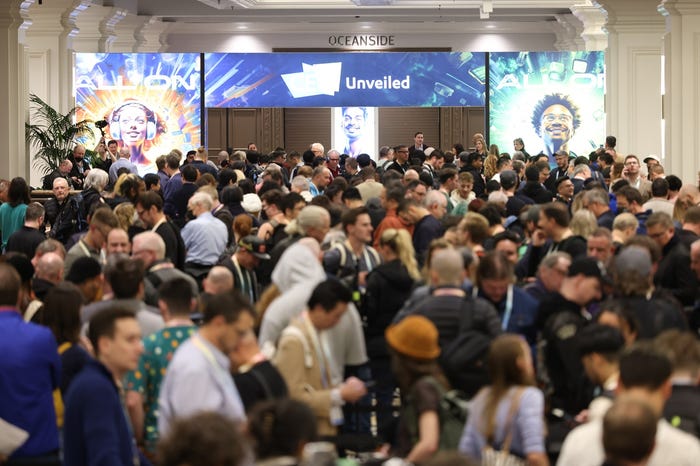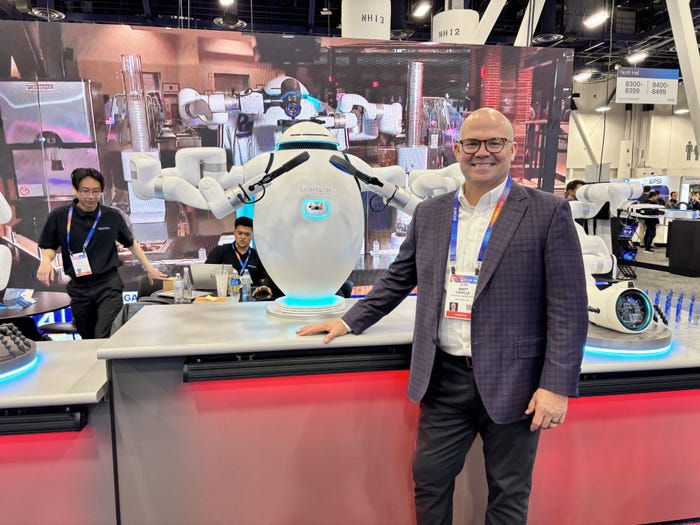Smart Manufacturing Startup Raises $21M for Autonomous Factories
Daedalus says it will use its Manufacturing AI Platform to “revolutionize” the smart manufacturing industry and create the world’s first autonomous factories

Daedalus, a startup that says it is building the “world’s most advanced factories” using AI, has raised $21 million in a series A funding round.
The round was led by NGP Capital, with participation from existing investors Addition and Khosla Ventures.
The funds will be used to accelerate Daedalus’ development of its proprietary Manufacturing AI Platform and scale its production facility in Germany. The 50,000-square-foot factory is already producing critical components for companies in the semiconductor, defense, energy, e-mobility and medical sectors.
Daedalus was founded by former OpenAI engineer.
The company said it’s using AI to “revolutionize” the manufacture of bespoke, precision parts for factories, allowing major companies to source and deliver mission-critical products at scale.
Daedalus said it is building the “world's first autonomous and instantly reconfigurable factories,” using its Manufacturing AI Platform to automate the entire manufacturing process and producing customer assets with minimal human intervention.
"Imagine factories that possess the collective knowledge and expertise of all engineers and machinists who have ever worked in them, and can produce the most challenging parts with superhuman reliability and 10x efficiency,” said Jonas Schneider, Daedalus’ CEO. “Daedalus is already making that vision real by revolutionizing how we build everything from microchips to critical medical components — unleashing the potential of numerous industries with our AI-powered factories that forge bespoke parts on demand.
“Today's funding will enable us to grow our production capacity to meet customer demand while investing in product development and hiring."
Daedalus said it is responding to ongoing issues with labor shortages and a fragmented supplier landscape for precision parts, with supply chains across industries suffering as a result.
"The conversations we have with our customers paint a shocking picture of the state of precision manufacturing,” said Schneider. “Our software-driven factory has already alleviated some major pain points, but we are still only beginning our journey.”
About the Author
You May Also Like








